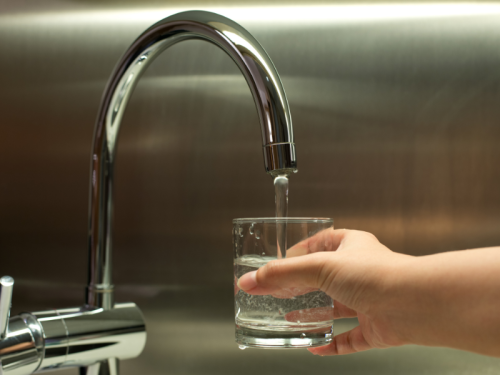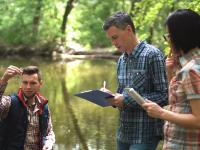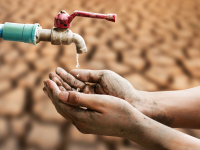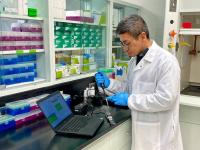
There are two primary health concerns relating to making sure a populace has access to safe drinking water. The first of these is the assessment of the water itself, which is an ongoing process and requires constant testing and treatment, a scientific speciality of Tulane University's AW Lab.
The lab, helmed by Dr. Tiong Aw of the Environmental Health Sciences department, is working to optimize detection of viruses of public health concern such as enteric viruses (e.g. poliovirus, hepatitis A virus), SARS-CoV-2, and (more recently) monkeypox virus in our water.
“Although the U.S. tap water supplies are considered to be among the safest in the world, water contamination can still occur,” Aw says. “Regularly testing water quality is critical to identify any existing problems or any issues that could emerge in the future.”
But even once water is deemed safe to drink, it doesn't always mean that people will have access to said water. The importance of water security then comes into focus.
Water security is defined as the state of having reliable access to a sufficient quantity of clean water, and it's an important piece of ensuring people have the capacity for good health.
Research about insecurities throughout the world can better inform decision-making at home. Should a dam be opened during a drought? Which communities, and for what purposes (e.g. farming) should get priority access to a water supply during a shortage?
Instrumental in developing the first water insecurity scale (WISE), Dr. Shalean Collins is exploring these issues and more at the Celia Scott Weatherhead School of Public Health and Tropical Medicine's International Health and Sustainable Development department.



